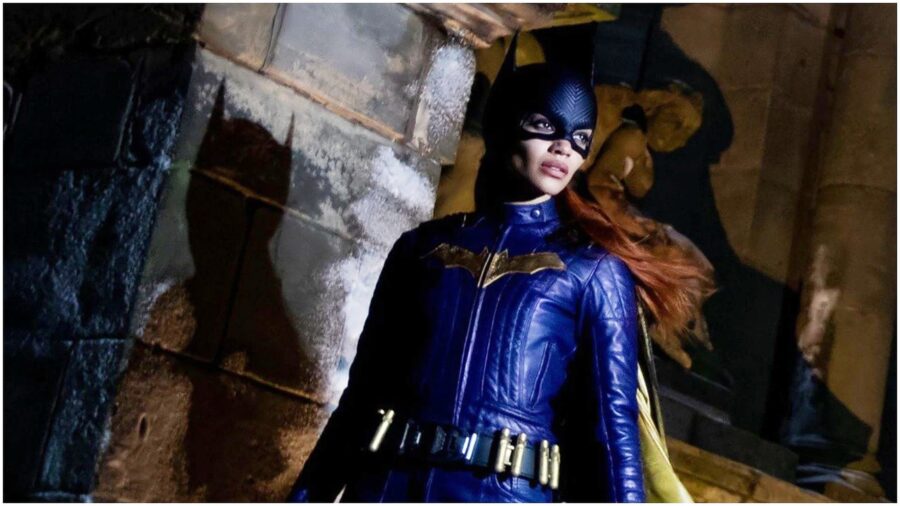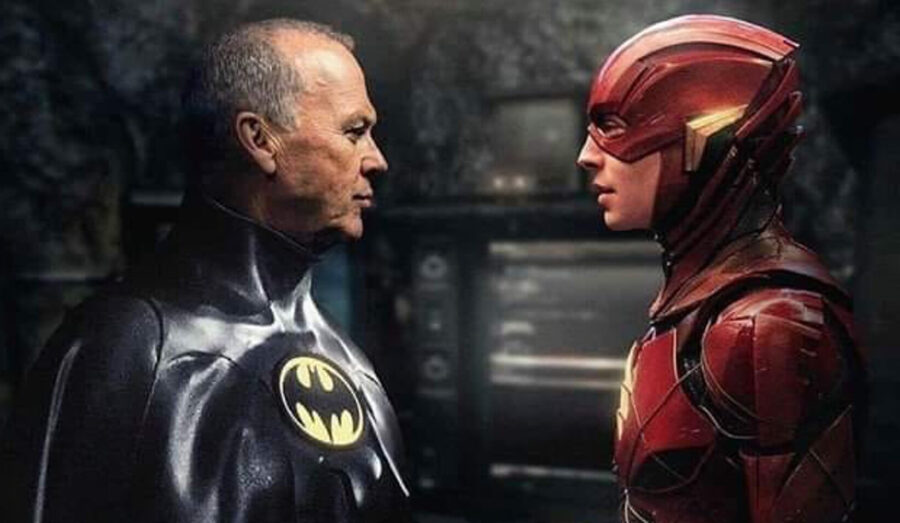Warner Bros. CEO Happy They Killed Heavily Anticipated Superhero Movie

Gotham City had a new archvillain once David Zaslav became CEO of Warner Bros. Discovery. Under his leadership, the company shelved completed or nearly completed films before they could be released because he believed the films would make more money as tax writeoffs than as finished projects.
One of the more notorious films killed this way was Batgirl, but now it sounds like Zaslav is as unapologetic about what he did to the superhero as the Joker: according to The Verge, Zaslav recently said it took “courage” to give Batgirl the axe and that it was a “strategic decision” regarding content that won’t “help us win.”
“What content is going to help us win? The content that wasn’t, we made a strategic decision on.”
David Zaslav
The Batgirl film in question would have starred Leslie Grace in the title role, and once upon a time, it seemed like it would be a major part of the DCEU. Michael Keaton was going to star in the movie as Batman, reprising the classic 1989 Batman that we last saw in The Flash.
Fan-favorite character actor J.K. Simmons was also going to reprise his Justice League role as Commissioner Gordon, and his return, plus the fact that Oscar-winning actor Brendan Frasier was going to play the pyromaniac villain Firefly, pointed to the idea that Warner Bros. once thought this was going to be a very important film.

How did Batgirl go from being such a core part of the DCEU to being the face of corporate tax write-offs? The COVID-19 global pandemic ended up negatively affecting the production of the film, and it didn’t take long before this $80 million dollar film became a $90 million dollar film. The movie had not yet completed post-production, and Warner Bros. Discovery calculated that it could save somewhere between $15-$20 million dollars by simply writing the film off and ensuring that it never saw the light of day (a financially prudent move for a studio dealing with three billion dollars of post-merger debt).
Depending on who you talk to, Batgirl may have also been a poor-quality film that Warner Bros. Discovery worried would actually hurt its brand. DC Studios co-chair Peter Safran once flatly declared “That film was not releasable,” and there are reports of poor test screenings. However, the film’s co-director Adil El Arbi said he was told by the studio “it was not a talent problem from our part or the actress, or even the quality of the movie” but a strategic attempt to save money.
“It was difficult and it was painful. But I think it was the right decision for the company and it was necessary.”
David Zaslov
In other words, Zaslav was happy to take the definite payday of a tax writeoff than gamble the $90 million, non-theatrical film would generate enough Max subscriptions to make up for its costs. The decision obviously sucks for fans and for the entire creative team involved with the film, but for a studio drowning in debt, the decision makes financial sense.
While nobody has officially gone on record about this, we can’t help but wonder if the controversial decision to shelve Batgirl was made in part because the DCEU had been dying long before James Gunn announced he would be rebooting it. Having a big DCEU tentpole exclusive to Max would have been a big deal if the DCEU had the cultural relevance that the MCU once did. But the DCEU has had nothing but box office failures (including Black Adam, Shazam: Fury of the Gods, and The Flash) since Batgirl was shelved, which may point to an uncomfortable truth: David Zaslav was right to kill this overpriced and unprofitable movie.













